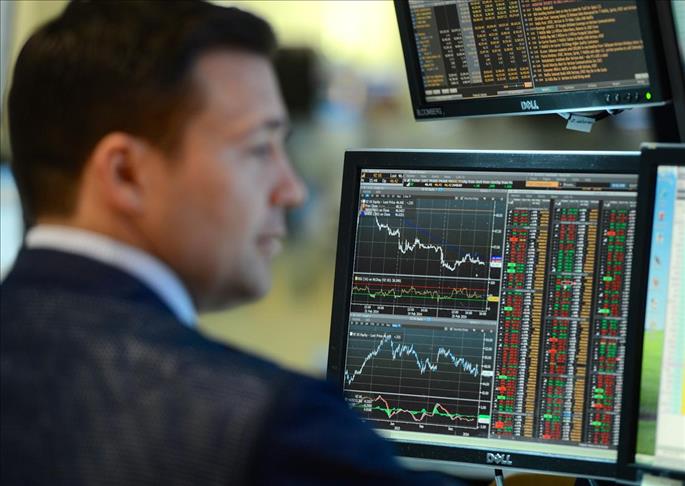
By Andrew Jay Rosenbaum
ISTANBUL
Turkey is in the process of transforming its economy, experts said at the Financial Times Summit on the Turkish economy in Istanbul on Wednesday.
"Economic change is necessary, and a new story for the Turkish economy is being written," said Sinan Ulgen, an economist with the Center for Economics and Foreign Policy Studies.
"Turkey needs an economic transition," said Kaveh Taghizadeh, head of Management Consulting at KPMG Turkey, a firm providing audit and tax services.
The experts agreed that growth was still too low for the time being. "At about 3 percent, economic growth is too low to attract investment," Ulgen commented.
Exports have been the mainstay of the Turkish economy, but the nature of Turkish exports has to change if growth is to improve, Ulgen pointed out.
Moving to value-added exports
The percentage of value-added in all exports is still very low for Turkey, said Murat Ucer, an economist at Global Source Partners, specialized in emerging markets analysis. "Investment is needed to enable Turkish industry to achieve a transition from commodities to value-added export," he said.
Better integration into world markets should help Turkey achieve this goal, Ulgen said. "A deepening of Turkey’s involvement in the European customs union would help Turkish industry to find investment and make the necessary transition."
But the U.S.-EU treaty on trade is holding up such a deepened involvement for Turkey, warned Remzi Gur of the Turkey-U.K. Business Council. "This may change as negotiations continue after the election in Turkey," he added. The Transatlantic Trade Investment Partnership, currently being negotiated between the U.S. and the EU, may change trade conditions for many trading partners.
Gur pointed out that Turkish exports have an advantage over those from China for the European market. "We can deliver in Europe in three days, whereas the Chinese require a month for most export deliveries," he said.
'Politics are not policy'
Some experts said that the elements for transition were already in place. "Growth may be low in Turkey, but the quality of that growth is high," said Cevdet Aksay, chief economist with the Turkish Yapi Kredi bank. "The government’s medium-term economic plan serves as a good benchmark for our economic transition," Aksay said.
"The medium-term plan is a massive investment in the transition to a more knowledge-intensive, higher value-added economy," Aksay insisted. "The government has made some tough choices for investment in the elements of higher-quality growth. Unfortunately, under current conditions, some politicians lose track of these goals. When this happens, they can come up with some unfortunate ideas from an economic point of view."
"But politics are not policy," Aksay explained. "The policy goals are admirable; we can only hope that the government can stick to them."
There is no lack of skilled labor to help Turkey make this kind of transition, said Ihsan Necipoglu, general manager for the American chemical company, Dow Chemicals in Turkey. "Turkish workers are skilled and dedicated, and they can be very creative. But more training is needed and with a considerable effort for innovation, the necessary transition can be achieved."
Anadolu Agency website contains only a portion of the news stories offered to subscribers in the AA News Broadcasting System (HAS), and in summarized form. Please contact us for subscription options.

